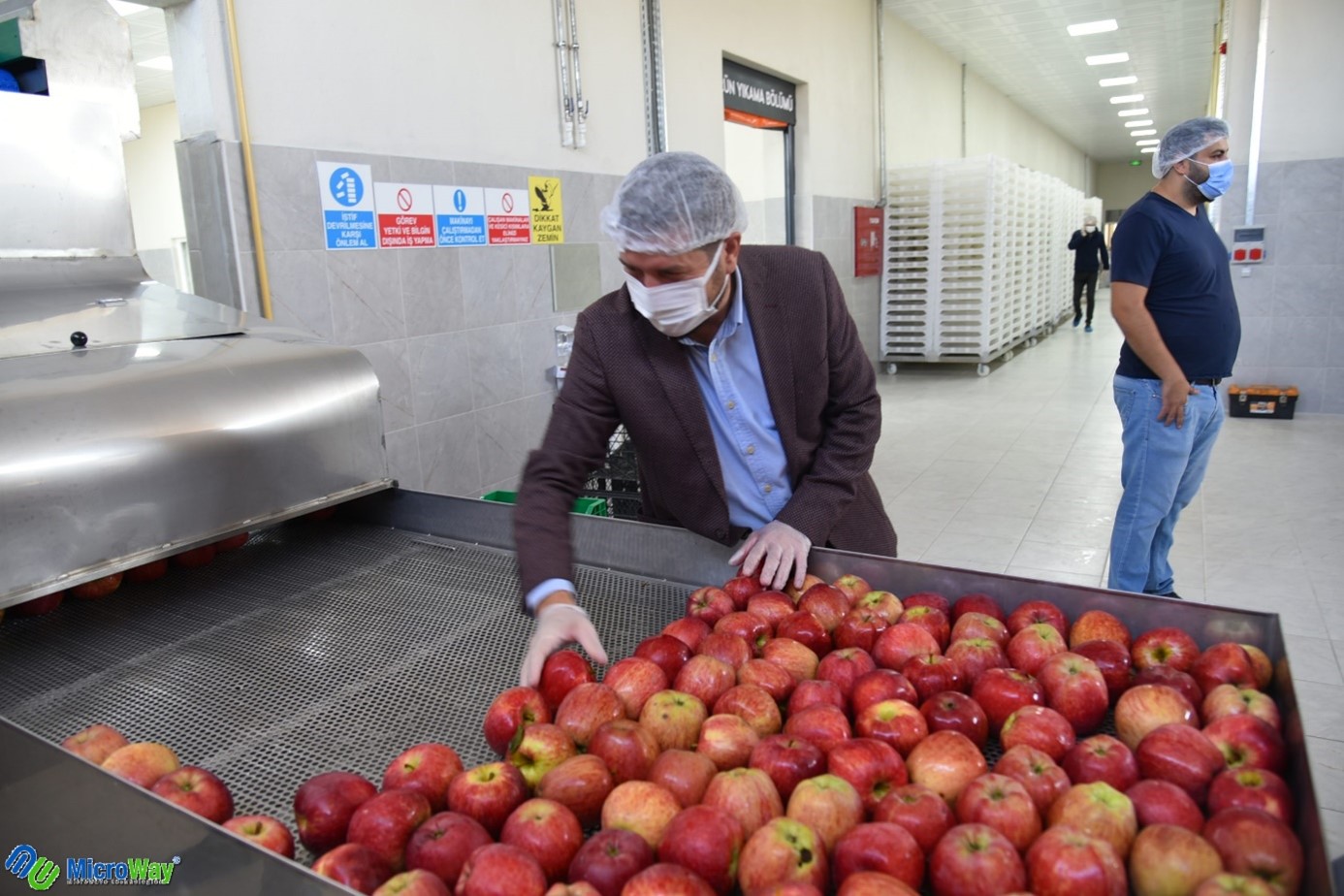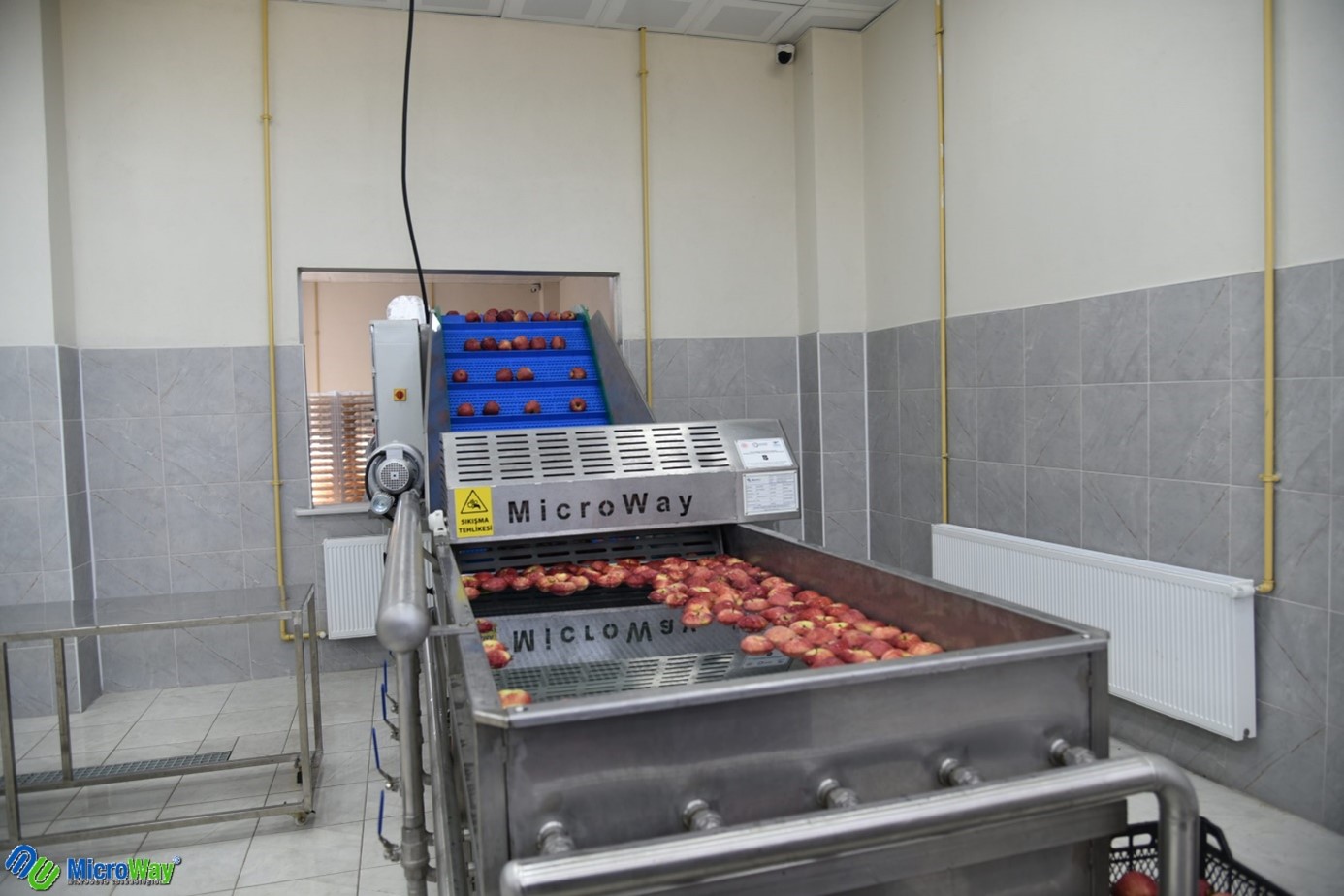Product Filtration Pool Unveiled:
In Turkmenistan’s thriving agricultural landscape, where the cultivation of crops is an integral part of the nation’s identity, the implementation of product filtration pool has emerged as a pivotal component in advancing post-harvest processing. This article explores the significance, functionalities, and transformative impact of these filtration pools, shedding light on their role in enhancing the agricultural processing infrastructure in Turkmenistan., represent a crucial stage in the post-harvest processing chain. These pools are strategically designed to filter and refine agricultural produce, ensuring the removal of impurities and enhancing the overall quality of crops before they reach consumers or further processing facilities.

Turkmenistan’s Agricultural Diversity:
Turkmenistan’s agriculture spans a diverse range of crops, from the iconic cotton fields to the orchards of melons and vegetables. Product filtration pools cater to this diversity, addressing the unique characteristics and processing needs of different crops across the nation, from Mary to Dashoguz.
Optimizing Post-Harvest Processing:
The optimization of post-harvest processing is paramount in Turkmenistan’s agricultural practices. Product filtration pools play a vital role in this optimization process by efficiently separating unwanted elements, such as dirt and debris, from the agricultural produce. This step ensures that the processed crops meet high-quality standards.
Adaptability to Turkmen Agricultural Operations:
Product filtration pools are designed to adapt to the varying scales of agricultural operations in Turkmenistan. Whether implemented in large-scale processing centers or smaller facilities scattered across the nation, these pools provide a versatile solution, streamlining the filtration process for farmers and processors alike.
Economic Impacts on Turkmen Agriculture:
The incorporation of into post-harvest processing has economic implications for Turkmenistan’s agricultural sector. By enhancing the quality of processed crops, these pools contribute to increased market value, providing farmers with a competitive edge and potentially expanding export opportunities.
Efficiency and Sustainability:
Beyond economic impacts, the use of aligns with Turkmenistan’s commitment to sustainable agricultural practices. By minimizing waste and ensuring the efficient use of resources, these pools contribute to a more sustainable and eco-friendly processing chain.

Integration into Turkmenistan’s Agricultural Modernization:
As Turkmenistan embraces technological advancements in agriculture, represent a significant aspect of this modernization journey. Their integration into processing facilities reflects a forward-thinking approach that combines traditional farming practices with contemporary efficiency and quality control measures.
Future Prospects in Turkmen Agricultural Processing:
Looking ahead, product filtration pool stand as symbols of progress in Turkmenistan’s agricultural processing future. As the nation continues to refine its processing methods, these pools will play an increasingly vital role in ensuring the quality and purity of agricultural produce, contributing to a thriving and internationally competitive agricultural sector.Get acquainted with the production capacity of the Microway brand.


